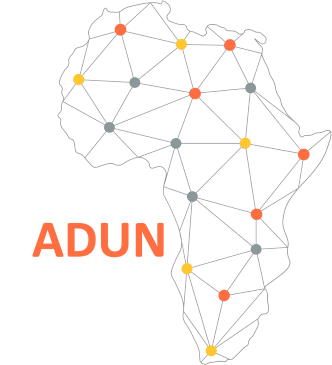Abstract
We acclaim social media (SM) serve as channels that offer a voice to the voiceless. For example, social media was instrumental to publicising the agitations of movements such as EndSARS, Arab Spring, BlackLivesMatter, MeToo and so on. Nonetheless, research reveals that SM (precisely Facebook) aided mass killings and ethnic cleansing in Ethiopia and Myanmar, fomentation of hate crimes, extremist movements, nurturing of dangerous conspiracy theories, xenophobia, harassment, gender inequality, and spamming. This is particularly so because SM has the capacity to create far-reaching effects where a few minorities’ social media bellwethers can blow out of proportion certain information, misinformation, and propaganda, through retweets, broadcast messages and the use of bots. To enable social media to achieve its full potential of enabling social justice, there is a need for some regulation and inclusive participation of women in the digital world. Statista reports that 61% of social media users to be men and 39% women in 2022. Openair Africa reports enormously low visibility of women in today’s digital world. World Economic Report states that worldwide, there are only about 22% of women in the field of Artificial intelligence compared to 78% of men. The 2020 Gender Equality Index: Digitalisation and Future of Work also indicates that it is only one out of two women (54%) that has a positive perception of robots and AI in comparison with 67% of men. These reports point to the existing gaps in the inclusion of women and girls in social media engagement, despite the successes mentioned above. Employing the Thomistic notion of the common good, this paper makes a case for a more inclusive digital world ladened with intentional digital education and through a survey suggest some regulatory mechanism for SM.
More about the presenter
Helen Titilola Olojede is a Lecturer in the Department of Philosophy, National Open University of Nigeria. She is a member of Ethical Artificial Intelligence Advisory Council of Centre for Practical Bioethics, USA. She is equally an Expert with Foresight Institute of Research and Translation (FIRAT) Group of Experts Program. She is a beneficiary of Gender at Work, Artificial Intelligence for Development Consultants’ Training. Her research interests span Bioethics, Ethics and Epistemology of Artificial Intelligence, Gender and AI, African Philosophy and Gender philosophy. She has published articles in learned academic journals. Aside core philosophy, Helen loves social advocacy and being a philomath has certifications in Ethics, Humanitarianism, International Politics and Diplomacy, Leadership, Theology and Management. Dr Olojede has keen interests in multidisciplinary and interdisciplinary research projects.
